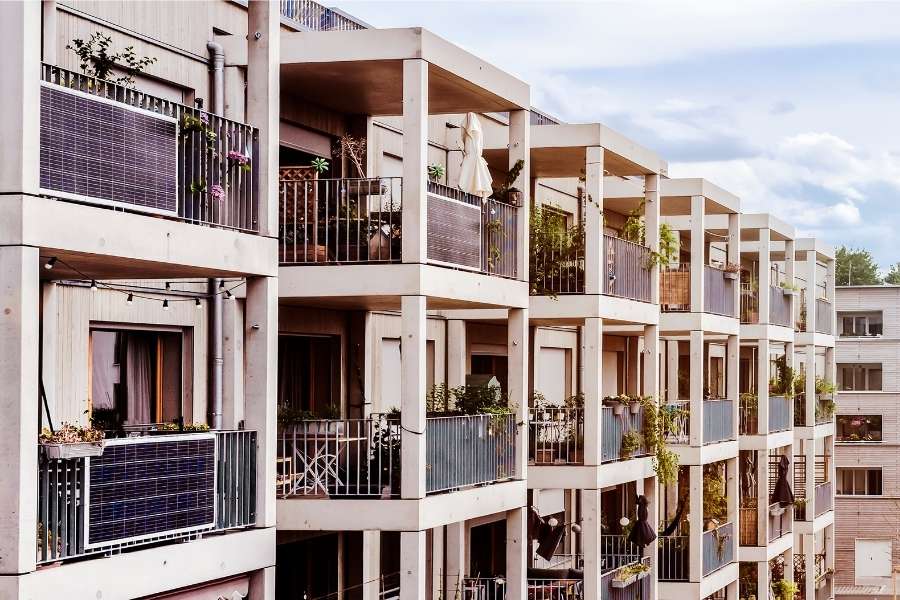Due to solar’s rise in popularity, it’s more likely that if you move home, it’ll be into a house that already has solar panels.
As part of the Future Homes Standard due in autumn 2025, most new build homes will have to have solar panels installed. The Future Homes Standard will also ensure new builds have low-carbon heating such as heat pumps, as well as proper home insulation.
So, if you’re planning on moving into a new build home, you’ll be able to benefit from solar power as soon as you move in.


